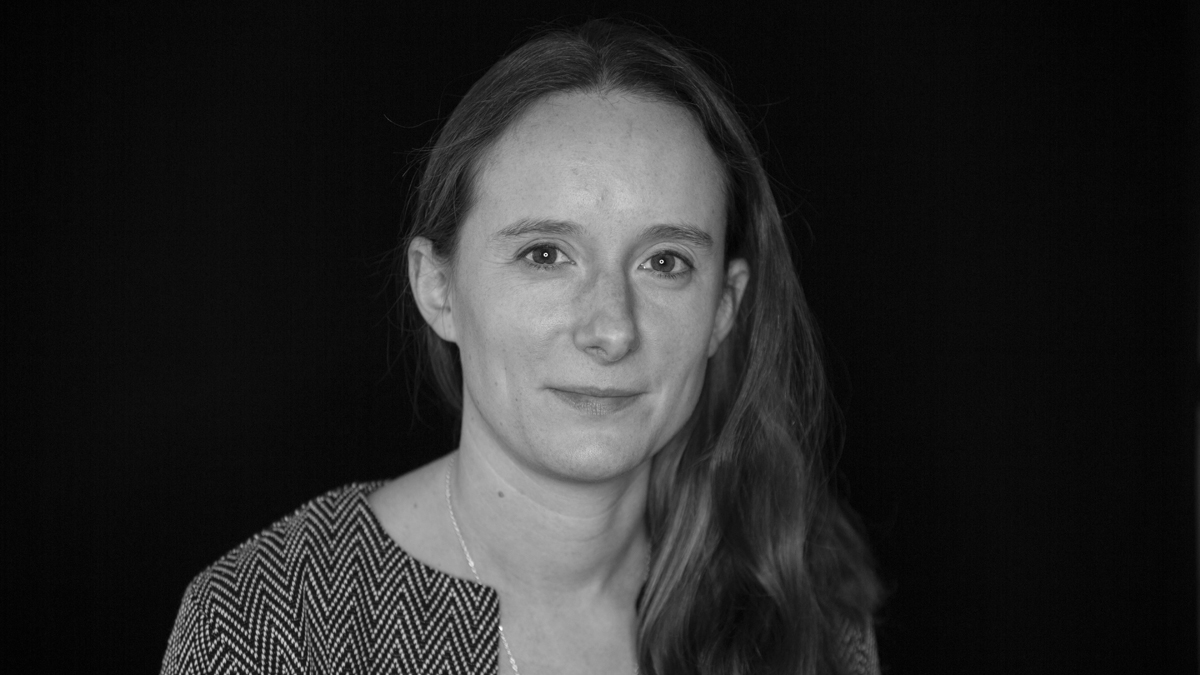Doing a work placement allows you to gain practical experience and transferable skills that employers value, so we encourage our students to undertake placements during their degree.
We have connections all over the world in our field, including in government, charities and non-governmental organisations (NGOs). This means we can help you to find exceptional placement opportunities that reflect your ambitions.
You can undertake a short placement as part of a module or over the summer vacation, or undertake a year-long placement in industry and turn your degree into a four-year course.
We offer several modules with embedded placement opportunities, where you can gain experience in the UK or abroad in a field relevant to your career ambitions. For example, in the British Government and Politics module, you could have the opportunity to undertake a two-week placement at a charity, media organisation, or with an MP or local councillor.
Securing a placement can be competitive, which is why we have a dedicated placement co-ordinator who'll provide you with one-to-one support in applying for opportunities.
Read about Martina Mabale De Burgos's placement
Read about Peter Stockdale's placement year experience



